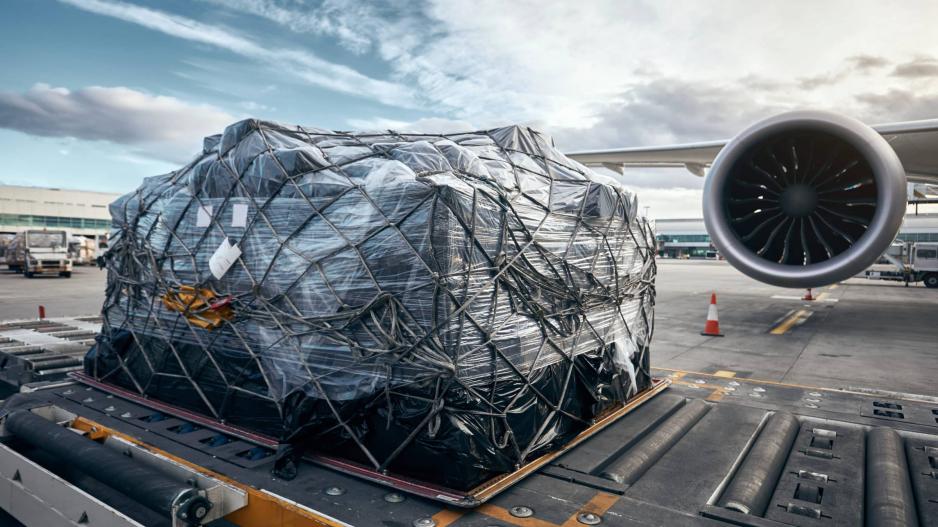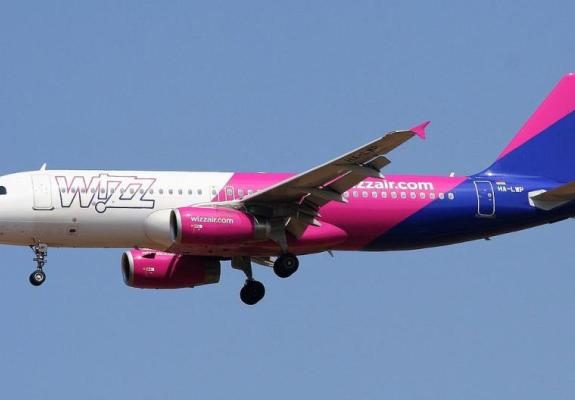SHEIN and Temu Shake Up Global Air Cargo Industry
Temu Ships Around 4,000 Tons Daily, SHEIN 5,000 Tons, alibaba.com 1,000 Tons, and TikTok 800 Tons
The rapid rise of fast-fashion e-commerce retailers such as SHEIN and Temu is disrupting the global air transport industry. They are increasingly competing for limited air cargo space to deliver quick shipping times, over ten industry sources revealed to Reuters.
SHEIN, PDD Group, Temu, and ByteDance's TikTok Shop, which recently launched online sales in the U.S., ship the majority of their products directly from factories in China to consumers via air in individually addressed packages.
Their growing popularity – with SHEIN and Temu alone shipping nearly 600,000 packages to the United States daily, according to a June 2023 U.S. Congress report – is driving up the cost of air transport from Asian hubs like Guangzhou and Hong Kong. This demand is nearly eliminating off-peak periods and causing capacity shortages, the sources said.
"The biggest trend affecting air cargo right now is not the Red Sea but Chinese e-commerce companies like SHEIN or Temu," stated Basile Ricard, the Greater China business director at Bollore Logistics.
Data from Cargo Facts Consulting shows that Temu ships around 4,000 tons daily, SHEIN 5,000 tons, Alibaba.com 1,000 tons, and TikTok 800 tons. This is equivalent to about 108 Boeing 777 freighters per day, the firm said. Driven by strong demand for their low-priced clothing, SHEIN represents one-fifth of the global fast-fashion market by sales and has fueled the growth of China's e-commerce industry, Coresight Research noted.
"When the Suez Canal crisis hit, there was no capacity to buy because e-commerce had bought it all," said an anonymous air cargo carrier executive, citing industry sensitivities. The expressed demand for air freight from fast fashion began increasing dramatically in the second half of last year, several sources stated.
Some carriers have responded to the increased e-commerce demand by providing additional charter capacity, "which is already largely booked long-term," a representative from the German logistics company Schenker stated.

The sudden surge in demand from fast fashion that started last year has raised air transport prices from China and raised concerns about long-term capacity shortages.
"Based on what we've seen, this model of (air) e-commerce is not sustainable, neither from a profit nor an environmental standpoint," said Guillermo Ochovo, director at Cargo Facts Consulting.
He mentioned that both SHEIN and Temu are now considering more sea transport due to the high cost of air freight and are exploring opening warehouses outside China to shorten transport times to other regions. SHEIN has begun sending goods to U.S. warehouses to speed up shipping times.
Airlines and forwarders are also examining how much capacity they will allocate for Temu and SHEIN operations, as shipments and prices fluctuate.






